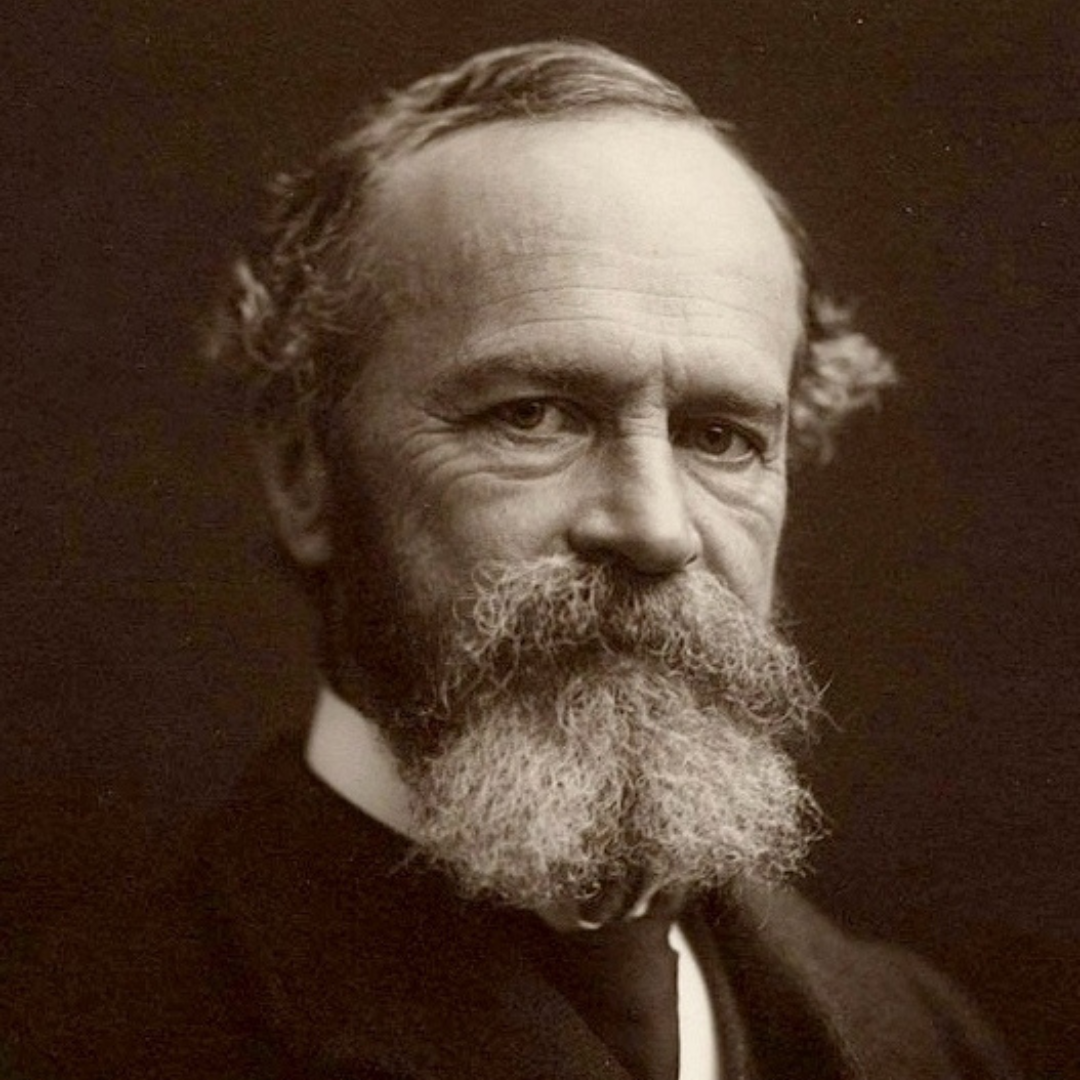
The Great Minds
Philosophers featured in the Thinking.Cards packs.
Confucius
(551–479 BCE): An ancient Chinese philosopher and teacher, Confucius is known for his teachings on ethics, family loyalty, and social harmony. His philosophy, Confucianism, emphasizes the importance of moral integrity, proper behavior, and fulfilling one’s roles within society.
Plato
(c. 427–347 BCE): An ancient Greek philosopher, Plato was a student of Socrates and the teacher of Aristotle. He founded the Academy in Athens and wrote extensively on ethics, politics, and metaphysics. His theory of Forms posits that the material world is a shadow of a higher, immutable reality.
Aristotle
(384–322 BCE): An ancient Greek philosopher, Aristotle was a student of Plato and the tutor of Alexander the Great. He made foundational contributions to numerous fields, including ethics, where he developed virtue ethics, which focuses on achieving moral character through the cultivation of virtues.
Thomas Hobbes
(1588–1679): An English philosopher best known for his political philosophy, Hobbes wrote "Leviathan," where he argued that humans are naturally selfish and competitive. He believed that a strong, centralized authority (the social contract) was necessary to maintain order and prevent chaos.
René Descartes
(1596–1650): A French philosopher, mathematician, and scientist, Descartes is often called the father of modern philosophy. He is famous for his statement "Cogito, ergo sum" ("I think, therefore I am") and his rationalist belief that reason is the primary source of knowledge.
John Locke
(1632–1704): An English philosopher and physician, Locke is a key figure in the development of empiricism and political liberalism. He argued that the mind is a "tabula rasa" (blank slate) at birth, shaped by experience. His work on natural rights and government influenced modern democracy and the U.S. Constitution.
George Berkeley
(1685–1753): An Irish philosopher known for his theory of immaterialism (or subjective idealism), Berkeley argued that reality consists only of minds and their ideas; material objects do not exist independently of perception. His famous dictum is "to be is to be perceived" (esse est percipi)
David Hume
(1711–1776): A Scottish philosopher and historian, Hume is a key figure in the empiricist tradition, arguing that all knowledge comes from sensory experience. He was skeptical of the ability of reason alone to achieve certain knowledge and questioned traditional notions of causality.
Jean-Jacques Rousseau
(1712–1778): A Genevan philosopher whose work influenced the Enlightenment and modern political thought. Rousseau believed that humans are inherently good but are corrupted by society. He is known for his concepts of the "general will" and the social contract, which emphasize collective sovereignty.
Immanuel Kant
(1724–1804): A German philosopher central to modern philosophy, Kant is best known for his deontological ethics, particularly the concept of the categorical imperative, which posits that actions are morally right if they can be universally applied. His work also significantly influenced epistemology and metaphysics.
Jeremy Bentham
(1748–1832): An English philosopher and jurist, Bentham is best known as the founder of modern utilitarianism. He argued that the moral worth of actions is determined by their utility, or the greatest happiness principle—maximizing pleasure and minimizing pain for the greatest number of people.
John Stuart Mill
(1806–1873): A British philosopher and economist, Mill expanded upon Bentham’s utilitarianism, emphasizing individual liberty and the harm principle, which states that individuals are free to act unless they harm others. Mill is also known for his advocacy of women's rights and his contributions to liberal political theory.
Søren Kierkegaard
(1813–1855): A Danish philosopher and theologian, Kierkegaard is often considered the father of existentialism. He focused on the individual’s subjective experience, the nature of faith, and the struggles of living authentically in the face of existential anxiety and despair.
Franz Boas
(1858–1942): A German-American anthropologist, Boas is considered the father of modern anthropology. He introduced the concept of cultural relativism, arguing that cultures should be understood on their own terms and that there are no universal standards for judging human behavior.
William James
(1842–1910): An American philosopher and psychologist, James is one of the leading figures in the philosophy of pragmatism, which suggests that the truth of beliefs is determined by their practical effects and usefulness. He also made significant contributions to psychology, particularly in the study of consciousness and emotion.
Simone de Beauvoir
(1908–1986): A French existentialist philosopher, writer, and feminist, De Beauvoir is known for her seminal work The Second Sex, where she examined women’s oppression and the social constructs surrounding gender. She argued for the freedom and autonomy of women and influenced the feminist movement.
Albert Camus
(1913–1960): A French-Algerian philosopher and writer, Camus is associated with existentialism and absurdism. He explored the idea that life is inherently meaningless but argued that individuals must create their own meaning through actions and personal choice. His works include "The Stranger" and "The Myth of Sisyphus."
Susan Sontag
(1933–2004): An American writer, philosopher, and cultural critic, Sontag is known for her essays on aesthetics, politics, and modern culture. Her works, such as On Photography and Against Interpretation, explore themes of image, representation, and the role of art in society. Sontag's ideas helped shape contemporary cultural criticism.

















